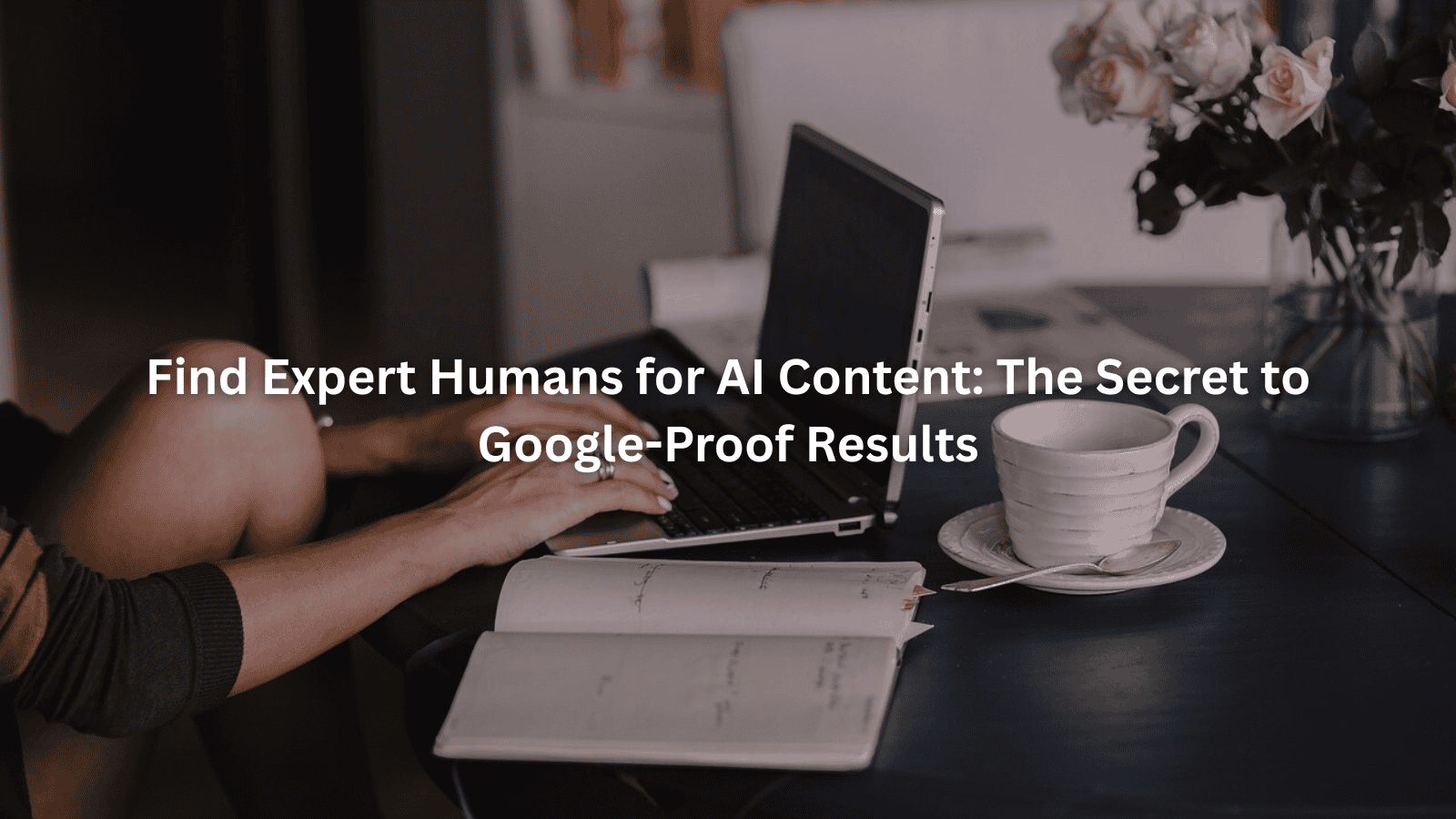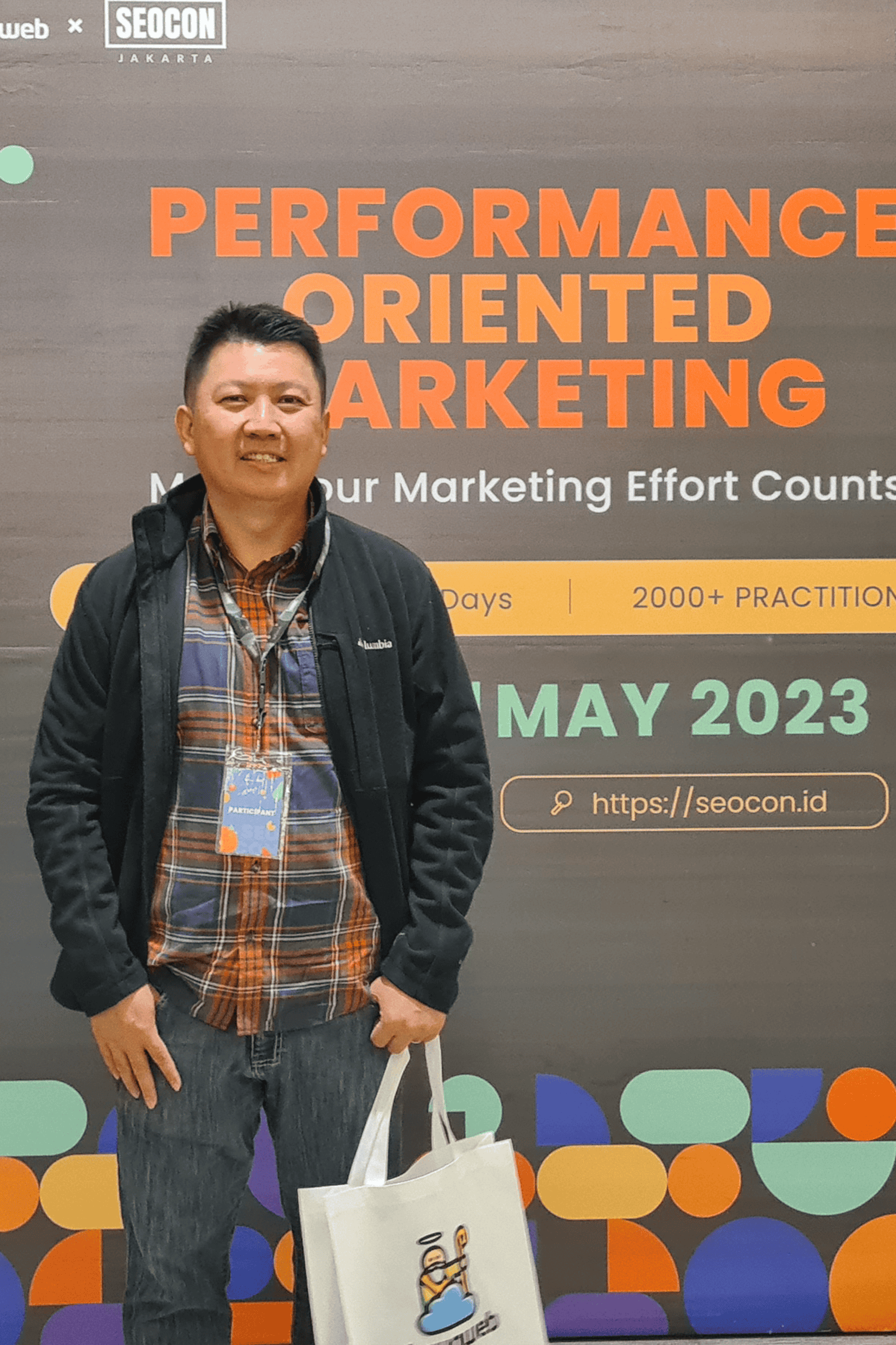Some jobs you just can’t leave to machines. We learned this the hard way, after trusting a batch of AI-generated blog posts that tanked our search rankings overnight. As much as we love the efficiency of automation, the real magic happens when expert humans step in, editing, fact-checking, and shaping AI content into something Google actually wants to rank.
Finding those experts isn’t just a checklist, it’s a mix of precision, persistence, and a willingness to get your hands dirty. We built Jet Digital Pro on these lessons, bringing together people who know AI’s quirks and how to outsmart them.
Key Takeaways
- Use clear job descriptions and rigorous screening for reliable hires.
- Balance automation with human judgment for accurate, nuanced output.
- Support continuous learning and teamwork to build lasting expertise.
Defining AI Content Expertise Requirements
Clarifying Objectives for AI Content Roles
Before you even start looking for an AI content expert, you have to know what you actually need them to do. Are you after someone to create new content, annotate data for machine learning, review and fact-check outputs, or maybe all of the above? We found that the biggest mistake is asking for a “unicorn” who does everything. Instead, break it down:
- Content creation: Writing, editing, optimizing for SEO.
- Annotation: Labeling images, text, speech, or video for model training.
- Review: Catching errors, checking facts, enforcing style guides.
- Fact-checking: Verifying claims, providing citations, ensuring accuracy.
Each area calls for a slightly different skillset. Align these needs with your company goals and who your audience is. We sat down with stakeholders, mapped out our funnel, and only then drafted our job specs. Saves everyone headaches down the line.
Aligning Content Goals with Organizational Strategy
It’s easy to get lost in the weeds of AI content development. We keep things focused by tying every content role to our strategy. Are we educating, selling, or building trust? That changes the kind of expert we need. For instance, if we’re supporting financial clients, we look for people with regulatory or compliance backgrounds. Creative projects, on the other hand, need more flair and narrative skill.
Identifying Required Content Types and Domains
The domain matters. Some projects need technical documentation, think step-by-step guides for developers or scientists. Others are all about creative writing or marketing. There’s also specialized annotation work, like video, image, speech, or handling multimodal data. We once needed a team to annotate radiology images for a health client. The best bet was recruiting a mix of medical students for accuracy and seasoned annotators for speed.
- Technical documentation
- Domain-specific content (healthcare, finance, legal, etc.)
- Creative marketing copy
- Multimodal annotation (video, image, speech, text)
We always look for a mix of previous domain experience and adaptability.
Establishing Skill Sets and Qualifications
We don’t care about fancy degrees as much as real skills. For AI content, we screen for:
- Clear writing and editing skills
- Domain expertise (law, health, tech)
- Technical chops: experience using AI tools, some Python, and basic machine learning
- Soft skills: critical thinking, adaptability, teamwork, ethical judgment
The best people show their work. We ask for portfolios, not just resumes, actual articles, datasets, or projects they’ve shipped. One applicant once shared a GitHub repo combining annotated legal texts and a write-up on data bias. That got our attention.
Sourcing and Evaluating AI Content Experts
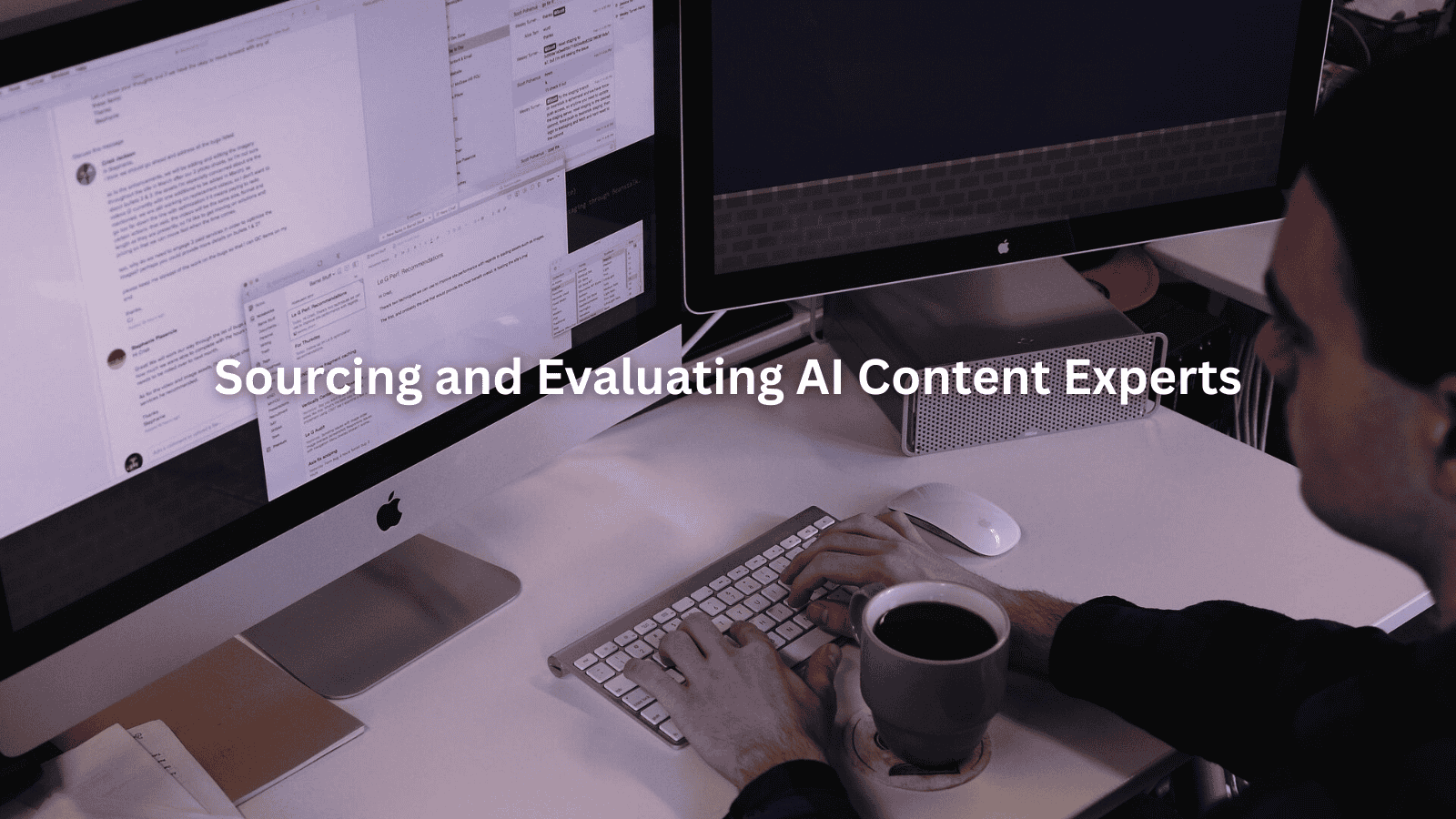
Leveraging Professional and Freelance Networks
Finding experts isn’t as simple as posting a job ad. We trawl LinkedIn and Upwork, sure, but some of our best hires started as recommendations in niche forums or Slack groups. The secret? Go where the specialists hang out. For technical annotation, we check coding communities. For creative work, we scout writing platforms.
- LinkedIn for established professionals
- Upwork for freelancers with ratings and portfolios
- Forums like GitHub or Kaggle for technical skills
- Slack groups and invite-only circles for niche talent
We reach out directly, sharing the specifics of our projects, not just a generic pitch.
Engaging Through Industry Events and Internal Development
Some of our sharpest AI content specialists started out as regular writers or analysts at Jet Digital Pro. We invest in their training, sending them to webinars, conferences, and even local meetups. Sometimes, internal upskilling beats outside hiring. These folks already know our culture and workflows.
We also make a point of attending industry events, not just for learning, but for the chance to chat with potential collaborators. The best conversations happen over coffee, not resumes.
Screening and Assessment Strategies
No one gets in the door without showing they can do the job. We review portfolios, actual samples, not just links. We run practical tests, like labeling a tricky dataset or editing a piece of AI-generated text for coherence and accuracy.
We also interview for soft skills. Collaboration, clear communication, and creative problem-solving are deal-breakers. If someone can’t explain how they’d handle a disagreement in annotation guidelines, they’re not the right fit.
This rigorous approach aligns closely with effective cost to hire a human AI editor strategies, ensuring you invest wisely in top talent
- Portfolio review (real projects, not just buzzwords)
- Practical tests (editing, annotation, fact-checking)
- Behavioral interviews (ethics, teamwork, adaptability)
Verification and Hiring Processes
We always check references and credentials. Sometimes, we find a disconnect between a candidate’s claims and what their former colleagues say. We also look for cultural fit, will they gel with a lean, feedback-heavy environment?
Job descriptions are plainspoken and detailed. We lay out exactly what they’ll be responsible for, what tools they’ll use, and what success looks like. No room for ambiguity. Our best hires say that’s what drew them to us in the first place.
Integrating Human Expertise with AI Content Workflows
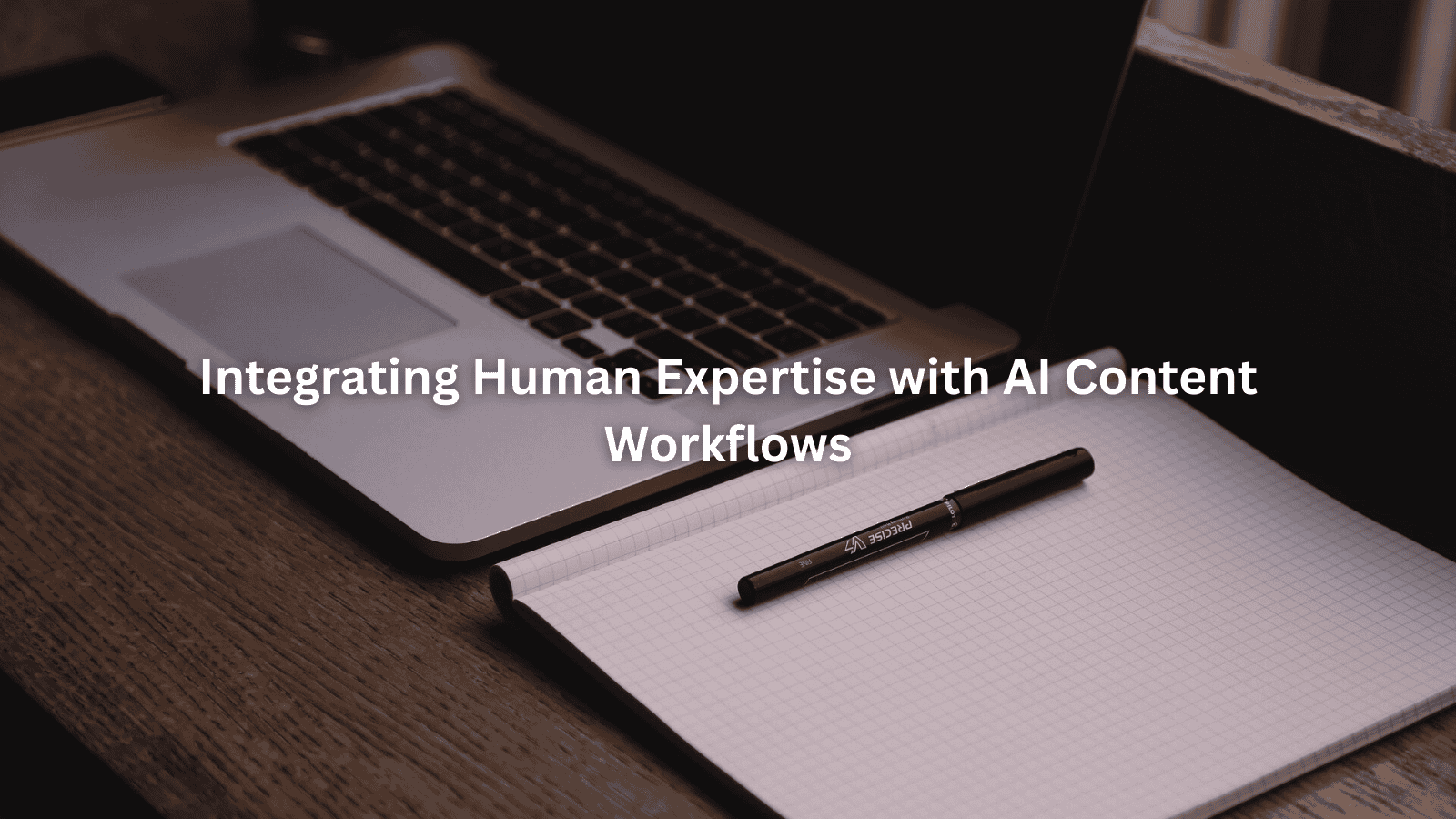
Balancing Automation and Human Judgment
AI is fast. Humans are nuanced. The trick is knowing where to put the brakes on automation and let real people take over. For us, AI handles the grunt work, generating first drafts, pulling research, suggesting keywords. Humans do the editing, fact-checking, and subtle rewriting. [ 1 ]
We learned early that only a human can spot the little things: a claim that feels off, a sentence that reads wrong, a joke that falls flat. Our workflow is built around this handoff. AI gets us 70% there, our experts carry it across the finish line.
This perfectly demonstrates why relying on a skilled AI assistant writer alone isn’t enough, human judgment is key to producing Google-proof content
- AI: Drafting, summarizing, keyword suggestion
- Human: Editing, fact-checking, adding voice and nuance
- Quality assurance: Always done by a person
Implementing Quality Assurance and Auditing
Every piece goes through a multi-level review. First, the creator or annotator checks their own work. Then a peer reviewer steps in. For critical projects, we add a final audit, looking for compliance, tone, accuracy.
We use checklists, style guides, and regular audits to keep standards high. If a piece fails, we talk it through, learn from it, and update our processes. This feedback loop is what keeps us sharp.
Such quality focus is why choosing and hiring a human AI content editor remains an indispensable step to safeguard your rankings
Promoting E-E-A-T Principles
Google cares about E-E-A-T: Expertise, Experience, Authoritativeness, and Trustworthiness. [ 2 ]
So do we. Every article, annotation, or dataset is reviewed for these qualities. We credit our sources, show author bios, and build trust with transparency.
- Cite credentials and experience
- Provide clear author attribution
- Fact-check claims and cite sources
Our best-performing content always comes from people with real expertise, not just algorithmic smarts.
Fostering Continuous Learning and Collaboration
AI content changes fast. We keep up by encouraging ongoing training. Our team shares articles, runs lunch-and-learns, and attends industry webinars. We also rotate project leads, so everyone gets a chance to learn new skills.
Collaboration is everything. Our annotators, writers, and AI engineers meet regularly to discuss edge cases and tricky projects. We learn more from mistakes than successes. The team that grows together, wins together.
Enhancing Tooling and Process Innovation
The right tools make or break a project. We constantly tweak our annotation platforms, feedback loops, and content management systems based on team input. If something feels clunky or slows us down, we fix it.
Are You a Digital Agency?
White Label SEO Content Services for Agencies
Scalable, customizable, and results-driven content solutions for your clients.
We also encourage our experts to suggest new tools. Some of our best process improvements started as complaints about friction or inefficiency. Listening pays off.
Specialized Skills and Career Development for AI Content Experts
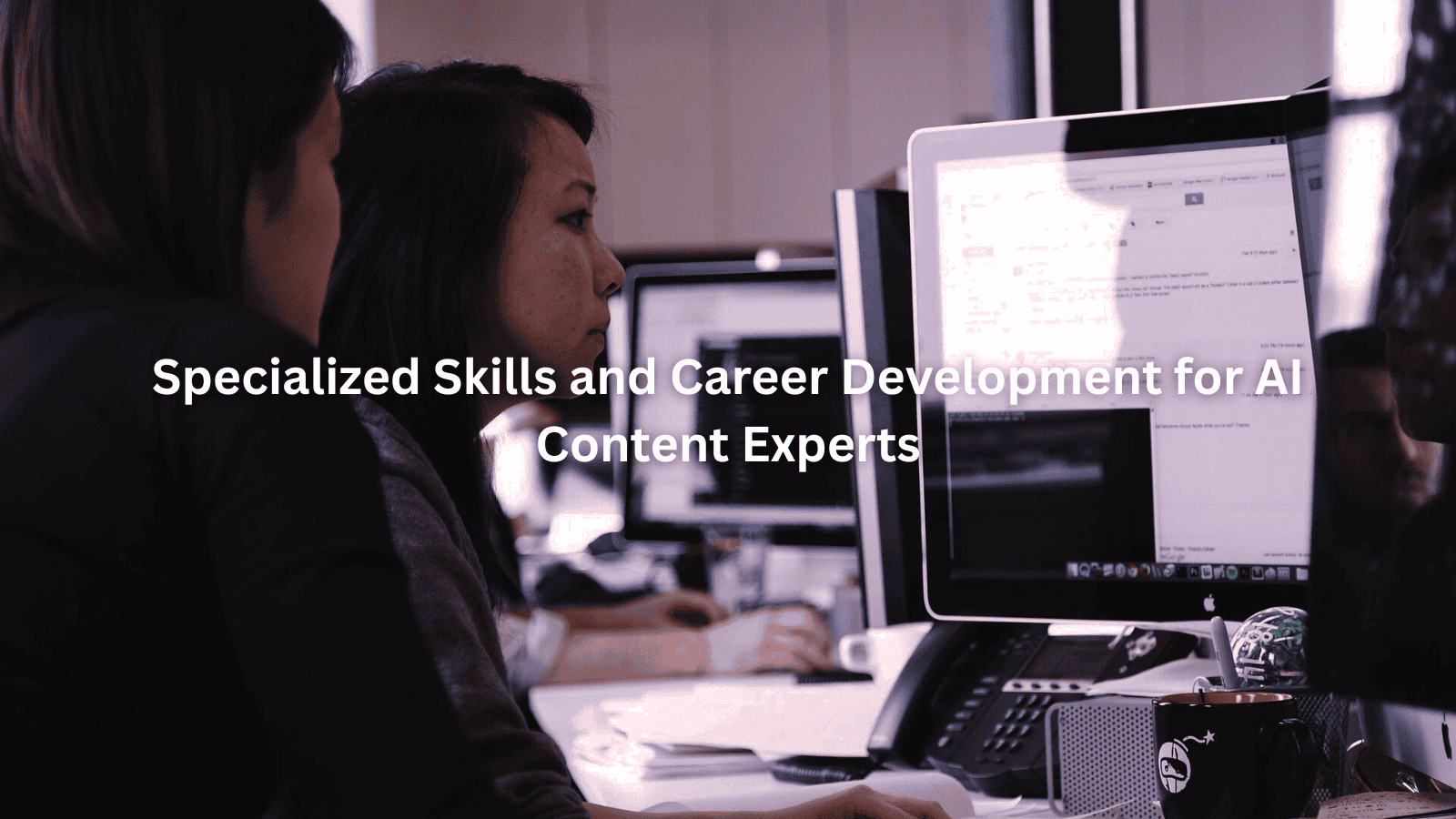
Advanced Technical Competencies
Over time, we’ve learned what separates a good AI content specialist from a great one. Technical depth is key. Our top folks know how to annotate data across formats, text, image, video, speech. They can script in Python, preprocess data, and even evaluate basic models.
- Data annotation (text, image, video, speech)
- Programming (Python, shell scripts)
- Data preprocessing (cleaning, augmenting, splitting)
- Model evaluation basics
We pair technical training with real-world projects, so skills stick.
Professional Growth and Certification
We encourage our team to pursue certifications, AI content, NLP, data annotation, you name it. It keeps them sharp and shows clients we’re serious about standards.
Building a portfolio matters. We help our team collect and present their best work. When someone moves up or moves on, they have proof of what they’ve done.
Ethical and Confidentiality Considerations
Working with sensitive data means thinking about privacy and ethics every day. We train our experts on confidentiality, bias, and data handling rules. If you’re unsure, ask, better safe than sorry.
There are always gray areas in content. Our team debates, challenges, and documents decisions. We don’t shy away from tough judgment calls.
Leadership and Mentoring Roles
We see every project as a chance to grow new leaders. Our seniors mentor new hires, lead small teams, and share their knowledge. Project management isn’t just a buzzword, it’s how we keep standards up and stress down.
Knowledge transfer is built into our DNA. Every debrief, every project review, is a chance to teach and learn. The result? A team that can handle anything AI throws at us.
Don’t leave your AI content to chance. Take the time to map out what you need, who you need, and why. Prioritize real skills over jargon, and always ask for proof, portfolios, projects, and references. Invest in your people, whether you’re hiring fresh or training from within. The right mix of automation and human expertise is how we, at Jet Digital Pro, keep our content Google-proof and our clients happy.
Need a Strategic SEO Content Partner?
Let’s craft SEO content that ranks, converts, and grows your brand.
Talk to UsIf you want to see how this mix of AI and human talent can work for your agency, reach out. We’re always open to a good conversation, and better results.
FAQ
How do we judge if a candidate’s AI content portfolio actually matches the job’s needs?
We look for portfolios that show not just quantity but actual relevance. If we’re hiring for healthcare annotation, we want to see medical data projects, not just generic image tagging. We also ask for a walk-through of their process, how they tackled tough spots, handled revisions, and worked with teams. This tells us if their experience lines up with our expectations.
How do we handle disagreements between our human experts and what AI produces?
We’ve seen experts push back against AI drafts when something feels off, especially with facts or tone. Our approach is to set up review checkpoints where humans can flag issues, leave comments, and suggest rewrites. This back-and-forth isn’t just allowed, it’s expected. We treat it as a learning moment for both sides, not a power struggle.
How do we keep our human experts updated with new AI tools and standards?
We schedule regular training sessions and encourage our team to share articles, guides, or even things they’ve learned from side projects. Sometimes we’ll bring in outside speakers or send people to short courses. We also run “show and tell” meetings where anyone can demo a new tool or technique they’ve tried. Staying current is everyone’s job, not just management’s.
Can someone without a technical background join us as an AI content expert?
Absolutely. Some of our strongest editors and annotators started out in journalism, education, or even customer service. What matters most is curiosity, communication skills, and a willingness to pick up new tools. We provide training on the technical side and pair new folks with mentors so they can learn on real projects. Hard work and adaptability go a long way.
What are red flags when interviewing potential AI content experts?
We’re wary of candidates who can’t explain their past projects in plain language or who avoid giving specific examples. Another red flag is dismissing feedback or showing little interest in teamwork. If someone seems more interested in showing off than learning or collaborating, they probably won’t fit. Finally, we double-check for honesty, if their portfolio or stories don’t add up, we move on.
Conclusion
Finding the right human experts for AI content isn’t just about resumes—it’s about real skill, sound judgment, and fast learning. That’s how we built Jet Digital Pro into a trusted partner for agencies that want scalable, authoritative content. When you invest in hiring, training, and supporting these experts, your AI-driven content stays sharp, safe, and ready for Google’s shifting rules. Want help building content that works and lasts? Contact us today.
References
- https://www.techtarget.com/searchenterpriseai/tip/Top-advantages-and-disadvantages-of-AI
- https://www.forbes.com/councils/forbescommunicationscouncil/2025/04/10/14-expert-ways-to-make-ai-created-content-feel-less-robotic/
Related Articles
- https://jetdigitalpro.com/choosing-hiring-a-human-ai-content-editor/
- https://jetdigitalpro.com/best-human-ai-editing-services/
- https://jetdigitalpro.com/cost-to-hire-a-human-ai-editor/
P.S – Whenever you’re ready,
we’re here to help elevate your SEO content.
Partner with us for strategic, scalable content that drives real organic growth.
Contact Us Now
